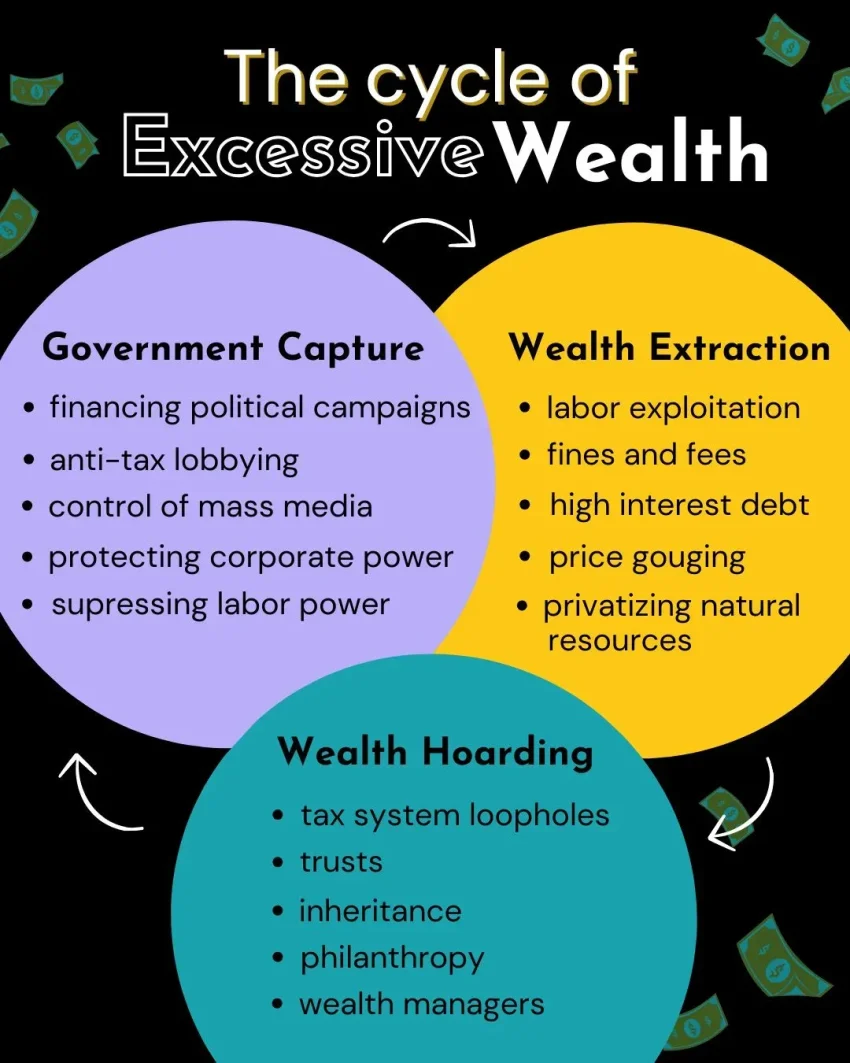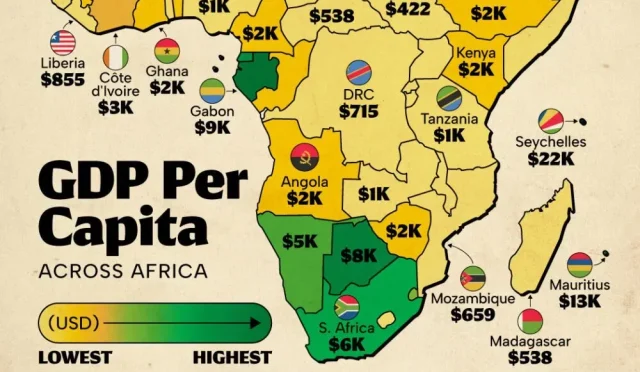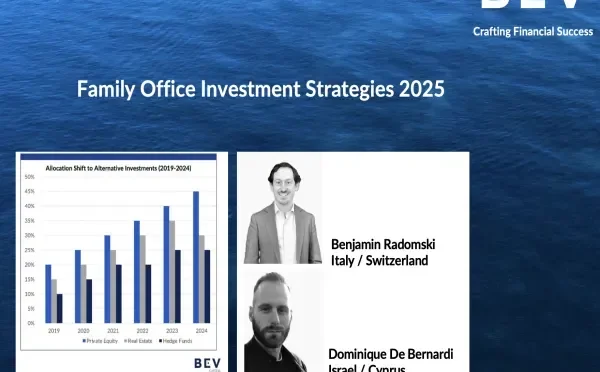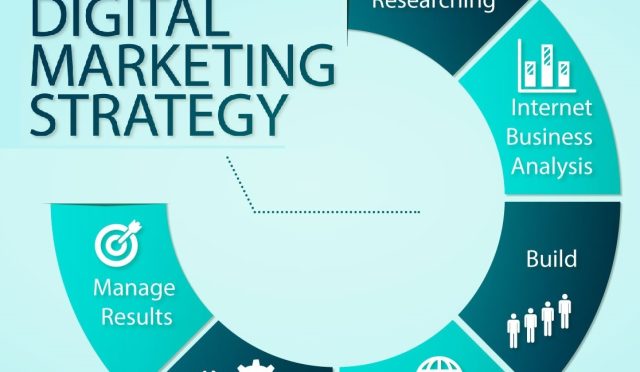Excessive wealth has become a focal point of heated discussion in modern society, prompting questions about morality and ethics. As billionaires amass fortunes that surpass the GDP of small nations, moral judgments about wealth take center stage, revealing stark cultural views on money and its implications for social justice. Wealth inequality stirs debates that extend beyond economic statistics; they tap into deep-seated values and moral foundations theory, challenging our perceptions of fairness and propriety. The influence of billionaires persists in shaping not only political landscapes but also public sentiment toward economic disparities. Ultimately, understanding how cultural contexts frame opinions on excessive wealth can illuminate the broader conversations about justice, equity, and responsibility in our globalized world.
The debate surrounding immense financial resources often presents itself as either a symbol of success or a catalyst for ethical dilemmas. Terms like ‘affluence’ and ‘prosperity’ are frequently associated with both opportunities and moral quandaries faced by society. This discourse frequently touches upon the impacts of wealth concentration, particularly in terms of the disparities it creates among various social groups. Many individuals grapple with the societal implications of having vast riches, particularly when considering the growing awareness of socioeconomic divides. Exploring these themes allows for a nuanced investigation into how cultural interpretations of finances influence our collective understanding of both wealth and morality.
The Moral Dilemma of Excessive Wealth
The concept of excessive wealth often stirs deep moral judgments among individuals, varying dramatically across cultures. Research highlights that people’s perspectives on billionaires and wealth distribution are not merely influenced by economic conditions, but are also embedded in their moral frameworks and cultural values. For instance, in affluent societies that enjoy economic equality, such as Switzerland and Belgium, a significant portion of the populace views excessive wealth as morally questionable, connecting it to issues of fairness and equality.
Conversely, in nations characterized by extreme poverty and wealth inequality, like Peru and Nigeria, the narrative surrounding wealth takes on a different hue. Here, people are more likely to perceive wealth accumulation as a necessity for survival rather than a moral failing. This dichotomy highlights the complexities of how cultural views on money shape our moral judgments about wealth, raising questions about what constitutes ‘too much’ and who ultimately holds the right to define it.
Billionaire Influence and Public Perception
The influential role of billionaires in contemporary society cannot be understated, particularly as it pertains to politics, economics, and cultural narratives. With the richest 1% controlling more wealth than the vast majority of the global population, the implications of their financial power extend beyond personal affluence. This concentration of wealth raises eyebrows and ignites debates about fairness and the moral foundations underlying such disparities. Critics argue that the extreme wealth accumulated by a few goes against societal ideals of equity, sparking calls for taxation and regulatory measures.
However, the public’s perception of billionaires often contradicts these calls for reform. In many cases, people view the accumulation of wealth as a reflection of meritocracy rather than exploitation. This divide can be explained through moral foundations theory, where cultural beliefs inform judgments about fairness and wealth. Thus, the underlying question remains — is the public’s approval of billionaire wealth indicative of a broader moral justification of inequality, or are they simply desensitized to the ecological effects of extreme wealth?
Cultural Views on Money: A Global Perspective
Cultural attitudes towards wealth and money play a critical role in shaping moral judgments. These beliefs are often filtered through historical context, economic conditions, and social paradigms. For instance, cultures that prioritize communal values may view excessive wealth accumulation with skepticism, viewing it as a potential threat to social cohesion. On the other hand, in contexts where individualism is celebrated, such as in many Western societies, wealth can be seen as a badge of honor, representing personal success and hard work.
This variance in cultural views on money emphasizes the need to understand wealth not just through economic lenses but also through sociocultural frameworks. Understanding how moral judgments about wealth inequality differ could provide insights into why certain fiscal policies or societal initiatives gain traction in some nations and falter in others. The interplay of cultural values and economic realities serves to illuminate the multifaceted nature of wealth perception around the world.
The Role of Moral Foundations Theory in Wealth Discourse
Moral foundations theory offers a compelling lens through which to analyze people’s judgments about wealth and moral excess. This theory posits that our moral intuitions are built upon various foundational values such as care, equality, and authority. Research indicates that individuals who prioritize values like equality and purity are significantly more likely to perceive excessive wealth as morally wrong, suggesting that these core beliefs fundamentally influence opinions on wealth inequality.
Moreover, the surprising link between purity and perceptions of wealth reveals a deeper moral sensitivity towards the harms associated with perceived excess. This notion challenges the typical perceptions of wealth by suggesting that it may also evoke feelings of contamination or corruptibility among those who associate surplus with moral decline. As a result, moral foundations theory provides essential insights into the underlying psychological mechanisms that shape public debates on wealth and its ethical implications.
Understanding Wealth Inequality Through Cultural Lenses
Wealth inequality is a pressing issue that bears significant cultural ramifications. Evaluating wealth from a cultural perspective not only helps elucidate varying societal reactions to billionaires and their influence but also allows a broader dialogue around moral judgments related to fairness and opportunity. In wealthier contexts, the moral imperative to mitigate inequality may stem from an enhanced awareness of social justice issues, while less affluent nations may regard wealth as a means of survival, complicating moral assessments.
Adaptations to visible inequality can lead societies to justify existing economic frameworks as legitimate, potentially blinding them to the justice claims of marginalized populations. Examining these cultural lenses provides clarity to why some societies are more protective of wealth and its various impacts, fostering the idea that wealth is seen not just as a number, but as a symbol of broader social dynamics that dictate public opinion about moral obligations.
Policymaking and Public Support for Wealth Regulation
The intersection of public opinion on wealth and policy reform introduces an urgent conversation about how societies manage extreme wealth concentrations. If research indicates that most people do not readily condemn excessive wealth, policymakers attempting to regulate the elite class may face an uphill battle. Public support for reforms like wealth taxation or stricter regulations could stagnate if the prevailing view is that wealth accumulation reflects an individual’s merit and hard work.
Furthermore, in economically unequal societies, calls for reform may be viewed as ungrounded critiques of a framework that many consider essential to their survival. As such, understanding public sentiment towards wealth is critical for formulating effective policies. Policymakers need insight into the complex relationship between cultural beliefs and public support if they aim to address wealth inequality successfully and foster a fairer economic landscape.
The Impact of Economic Changes on Moral Judgments
As societies evolve and shift economically, so too do their moral judgments regarding wealth and inequality. The potential for changing views about the ethics of wealth accumulation leaves open the question of how attitudes will evolve over time, particularly in response to economic fluctuations or reforms. Historical trends suggest that as nations grow wealthier and achieve greater equality, populations may become more critical of class stratification.
This phenomenon highlights an essential dynamic: as communities experience increased prosperity or equitable resource distribution, there is an observable shift towards heightened scrutiny of excessive wealth accumulation. Thus, exploring how these dynamics unfold can help forecast broader societal changes in attitudes toward wealth, providing valuable perspectives on what the future holds for moral norms surrounding wealth and its implications.
Generational Shifts in Wealth Perception
Another significant factor in the discourse around excessive wealth is the generational shift in perspectives. Younger generations, having grown up amid increasing wealth inequality and economic turmoil, may adopt starkly different views on wealth accumulation compared to their predecessors. This contrast can potentially influence both cultural perceptions and political advocacy surrounding wealth disparity.
For instance, the younger demographic may prioritize equality and sustainability, leading to a more significant moral condemnation of excessive wealth, particularly in contexts of systemic exploitation. Understanding how generational values shift regarding wealth could provide insights into the changing landscape of public opinion and the evolving nature of moral judgments on billionaires and excessive wealth.
Future Research Directions on Wealth and Morality
Looking forward, continued research into the connections between cultural values, societal changes, and moral judgments regarding wealth promises to yield important insights. Investigating how moral perceptions of wealth translate into political advocacy and policy changes can illuminate pathways for reform that resonate with culturally ingrained values. By exploring trends over time and examining diverse cultural contexts, researchers can identify broader shifts in societal norms that shape public debate on wealth and inequality.
Moreover, further exploration of moral foundations theory in relation to wealth can uncover hidden biases and assumptions about money that drive public sentiment. This ongoing inquiry will enrich the dialogue surrounding economic justice and develop more nuanced strategies to address the complex reality of wealth inequality in various cultural climates.
Frequently Asked Questions
What are the moral judgments about excessive wealth?
Moral judgments about excessive wealth often stem from cultural values and economic contexts. In wealthier and more equal societies, people tend to view having too much money as immoral, reflecting a prioritization of equality and social justice. This perspective contrasts with views in poorer countries, where wealth accumulation is often seen as necessary for survival and progress, leading to a more favorable view of excessive wealth.
How does wealth inequality influence perceptions of excessive wealth?
Wealth inequality significantly influences perceptions of excessive wealth. In areas with high inequality, individuals may justify extreme wealth as a necessary part of the economic system. Conversely, in more equitable societies, excessive wealth is often critiqued due to concerns over fairness and social responsibility. This dichotomy underscores the complex relationship between societal values and attitudes towards wealth.
What are cultural views on money and excessive wealth?
Cultural views on money can vary dramatically, influencing opinions on excessive wealth. For instance, cultures that emphasize communal values may criticize excess wealth due to its potential to exacerbate inequality, while those valuing individual success may celebrate wealth as an indicator of achievement. These cultural perspectives shape how societies collectively perceive and react to the issue of excessive wealth.
How does billionaire influence affect discussions about excessive wealth?
Billionaire influence plays a critical role in discussions about excessive wealth, as their significant economic power can shape political and social landscapes. This influence raises concerns about fairness and accountability. In wealthier societies, where moral judgments are more sensitive to excess, there may be stronger calls for regulations or taxation on billionaires, reflecting a broader desire for economic equity.
What role does moral foundations theory play in understanding views on excessive wealth?
Moral foundations theory suggests that people’s judgment of excessive wealth is influenced by their core values, such as care, equality, and purity. Those who prioritize equality may condemn excessive wealth more strongly, viewing it as unjust. Interestingly, the value of purity, linked to notions of cleanliness and sanctity, also plays a role, with some individuals associating excessive wealth with moral corruption.
| Key Points | Details |
|---|---|
| Cultural Perspectives on Wealth | Attitudes toward excessive wealth vary widely across cultures and economies. |
| Research Findings | A study of over 4,300 participants revealed significant cultural differences in how excessive wealth is perceived. |
| Wealth in Economic Context | In wealthier, more equal nations, excessive wealth is often seen as immoral. In poorer nations, it is more accepted. |
| Morality and Wealth | Judgments about wealth are influenced by moral foundations including care, equality, and purity. |
| Influence of Billionaires | The richest 1% own more wealth than 95% combined, affecting global politics and policies. |
| Future Research | Exploration of changing attitudes towards wealth with societal changes is necessary. |
Summary
Excessive wealth often raises moral and ethical questions across different cultures, reflecting deep-seated values influenced by economic conditions. While many debate whether having too much money is a blessing or a burden, perceptions largely depend on cultural contexts and individual moral beliefs. The findings suggest that, in more economically equal societies, there is a tendency to condemn excessive wealth as immoral, highlighting an awareness of the potential harms associated with extreme economic disparities. This complexity reflects broader societal attitudes toward wealth and its implications for social justice and policy reform.








